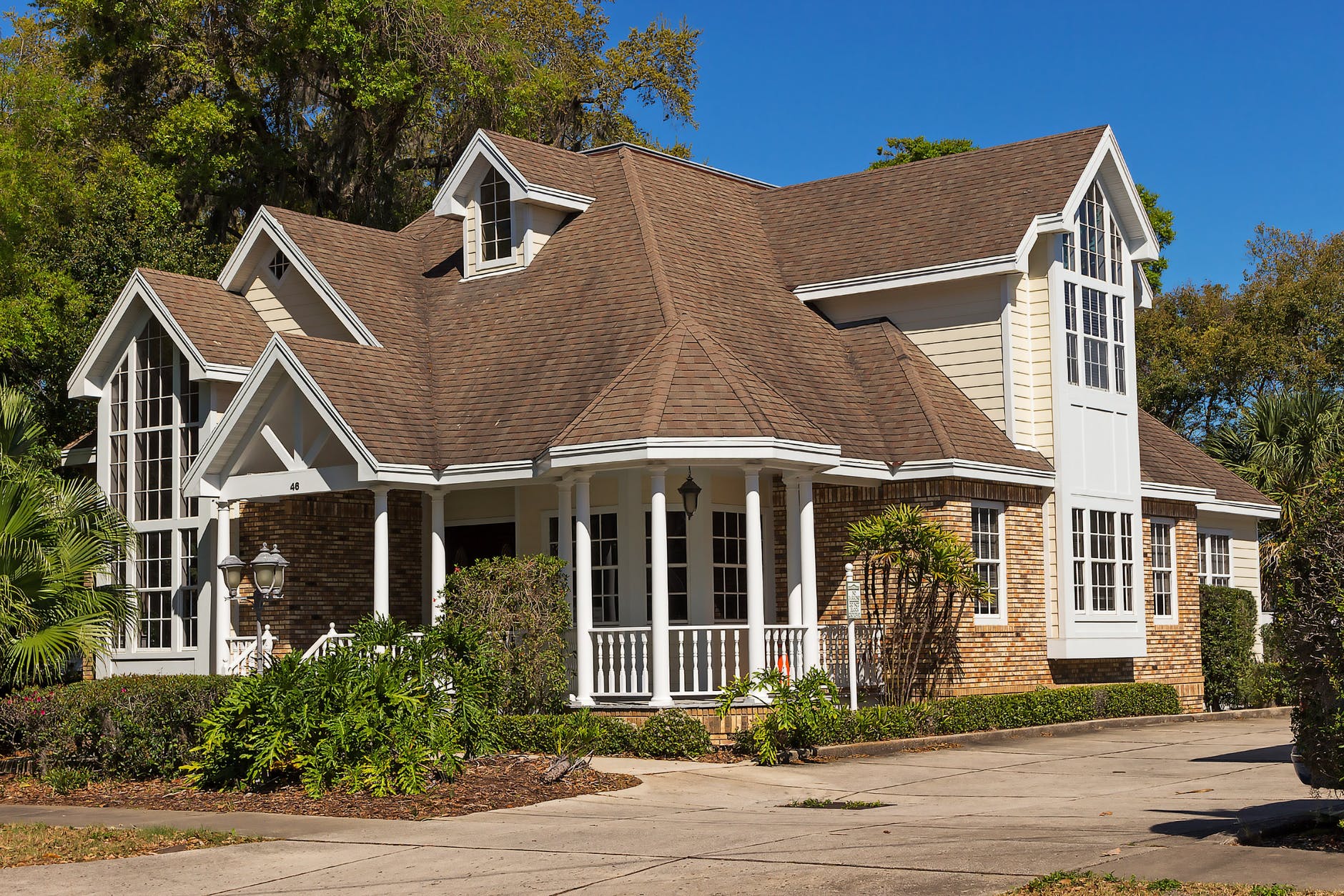
House
Being a landlord comes with both responsibilities and potential financial rewards. But for new landlords, there are many important things to know to have successful tenants and avoid common issues. Here are the top 10 tips every new landlord should keep in mind.
Prioritize Finding Good Tenants
As a new landlord, your success depends on finding responsible tenants who pay rent on time and properly maintain your property. Thoroughly screen all applicants and check references to find good tenants. Run credit and background checks, verify employment and income, and check past landlord references for a complete picture of the applicants. While it may be tempting to rent to the first interested tenants, taking shortcuts can lead to problems down the road. Time spent on tenant screening is time well invested.
Set Clear Expectations In The Lease
A solid lease agreement is key to a smooth landlord-tenant relationship. Include details like the rental amount, security deposit, maintenance and repairs, rental term, and policies regarding pets, guests, noise, parking, etc. Especially for new landlords, a comprehensive lease helps avoid confusion and conflict by setting clear rules and expectations upfront. Walk through the lease in person if possible to ensure all parties understand and agree to the terms before signing.
Protect Your Investment With Renters Insurance
While you should require tenants to maintain renters insurance for their personal belongings, you also need coverage for the property itself. Landlord insurance, like policies offered by reputable companies, provides coverage for damage from events like fire, vandalism, or storms.
Perform Regular Property Inspections
Routine inspections at Forney homes for rent, scheduled with proper notice to tenants, are important for new landlords. Inspect the property’s interior and exterior, ensuring everything is habitable and working properly. Make notes or take photos of any issues that need attention to avoid bigger problems down the line. Use inspections as an opportunity to build rapport with good tenants, and head off potential conflict over damage responsibility with a clear record of the unit’s condition over time.
Set A Late Fee Policy And Enforce It Consistently
To promote on-time rent payment from your tenants, establish a reasonable late fee policy, e.g. 5% of rent due after 5 days late and 10% after 15 days late. Put the terms in your lease agreement, then enforce them impartially if rent becomes overdue. Waiving or refusing to enforce late fees may set an unwanted precedent, so apply fees whenever rent is paid past the grace period. With prompt payment encouraged, new landlords can avoid the stress and financial hardship of chasing down overdue rent each month.
Maintain Open Communication
Frequent communication forms the foundation of a good landlord-tenant relationship. Provide your contact information and preferred methods for routine and emergency communication upfront. A friendly call to say hello and see if your tenants need anything can help avoid problems that may otherwise go unreported. When issues inevitably arise, keep communication open and courteous to solve them together efficiently. For new landlords, open communication maintains goodwill and leads to a smoother overall experience.
Set A Realistic Budget And Rent Level
Before becoming a new landlord, set a budget that accounts for both income and expenses to ensure the venture remains profitable each month. When determining rent levels, consider factors like unit square footage, amenities, neighborhood desirability, and rental rates for comparable nearby properties. Price units competitively to attract quality tenants, keeping in mind rental rates should also cover your costs. Rental income minus expenses like the mortgage, insurance, and maintenance should leave a reasonable profit margin.
Have A Plan For Handling Maintenance And Repairs
Create a system for responding promptly to any unit maintenance issues or repair needs, whether emergency or routine. As a new landlord, handling maintenance and repairs effectively and economically is critical. Establish relationships with trusted, affordable contractors to call when plumbing, electrical, or other issues arise. Consider a preventative maintenance schedule to catch small issues before they become big problems. Let your tenants know your maintenance policies and emergency contact information for urgent situations.
Stay Up-To-Date With Regulations
Various federal, state, and local laws govern the landlord-tenant relationship. Familiarize yourself with regulations regarding rent increases, security deposits, lease terms, evictions, tenant protections, and landlord obligations. Stay up-to-date with any changes to avoid potential legal trouble. Check if your city has additional ordinances related to topics like zoning, building codes, and occupancy limits. Consult with a real estate attorney if you have questions on how regulations apply to your rental property. Remaining compliant with the law is essential for new landlords.
Keep Accurate Records
Managing a rental property involves keeping records of income and expenses, contact information, copies of leases, receipts, invoices, and payments. Set up a system to maintain all documents in an organized fashion. Records provide important information and may be needed to resolve any tenant disputes. With regular record keeping, new landlords have the documentation and details needed to oversee their rental property effectively. Starting off right with these tips will set you on the path to becoming a successful landlord.






